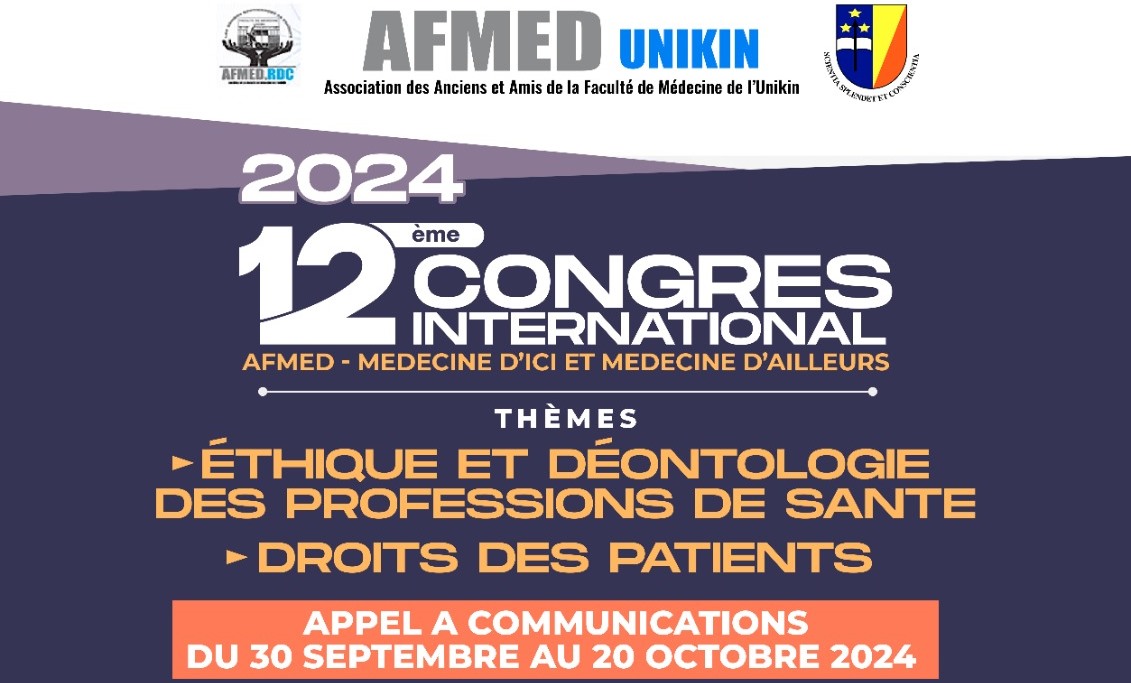Itakala FB1, Kayembe JMNT2, Mananga Gl3 and Mashinda DK4
1Department of Neurology, Faculty of Medicine, University of Kinshasa, Congo
2Department of Infectious diseases, Faculty of Medicine, University of Kinshasa, Congo
3Service of Infectious diseases, Department of Neurology, Faculty of Medicine, University of Kinshasa, Congo
4School of Public Heath, Faculty of Medicine, University of Kinshasa, Congo
Abstract
Background and Objective: In post-treatment phase of the Human African Trypanosomiasis (HAT), some
clinical manifestations might imply a relapse resulting sometimes in unnecessary patient exposure to adverse
effects of trypanocidal treatments. The aim of this study is to identify clinical and biological markers easily
accessible for discrimination between relapse and non-relapse.
Methods: Retrospective analysis compared clinical and laboratory data of 20 subjects with suspected
relapse and 53 non-relapses. For all of the participants the research of the trypanosome on CSF was negative
by direct parasitological techniques, but they presented with abnormal clinical manifestations in post-treatment
phase of HAT in stage-2. As appropriate, the following analyzes were applied with significance level of 5%:
Fischer’s exact test, chi-square test of Pearson and U-test of Mann-Whitney.
Results: Relapse is more likely in patients with clinical signs of progressive installation after a lag of at least
three months, associated with a Cerebrospinal Fluid (CSF) profile of meningitis type, and a leukocyte count of
≥120 cells/mm3 and a score >0. Non relapse seems more feasible when symptoms appeared earlier, regardless
of clinical latency, the cytology and chemistry profile of the CSF showed increased albumin level in CSF with a
normal leukocyte count of ≤5 cells/mm3 and a variable score. Different phenotypes are suggested in the latter
group, whose validation is essential.
Conclusion: The present investigation strongly suggests that the analysis of clinical data and the cytobiological
profile of the CSF have a discriminatory power to differentiate between relapse and non-relapse when
HAT parasitological tests are negative. Multicenter investigations should be considered to strengthen the power
of the observed associations.
OPEN ACCESS
SMGroup
SM Journal of Infectious Diseases
How to cite this article Itakala FB, Kayembe JMNT, Mananga Gl and Mashinda DK. Relapse Versus Non
Relapse in Human African Trypanosomiasis: Simple Criteria for Discrimination. SM Journal of Infect Dis.
2016; 1(1): 1003.









